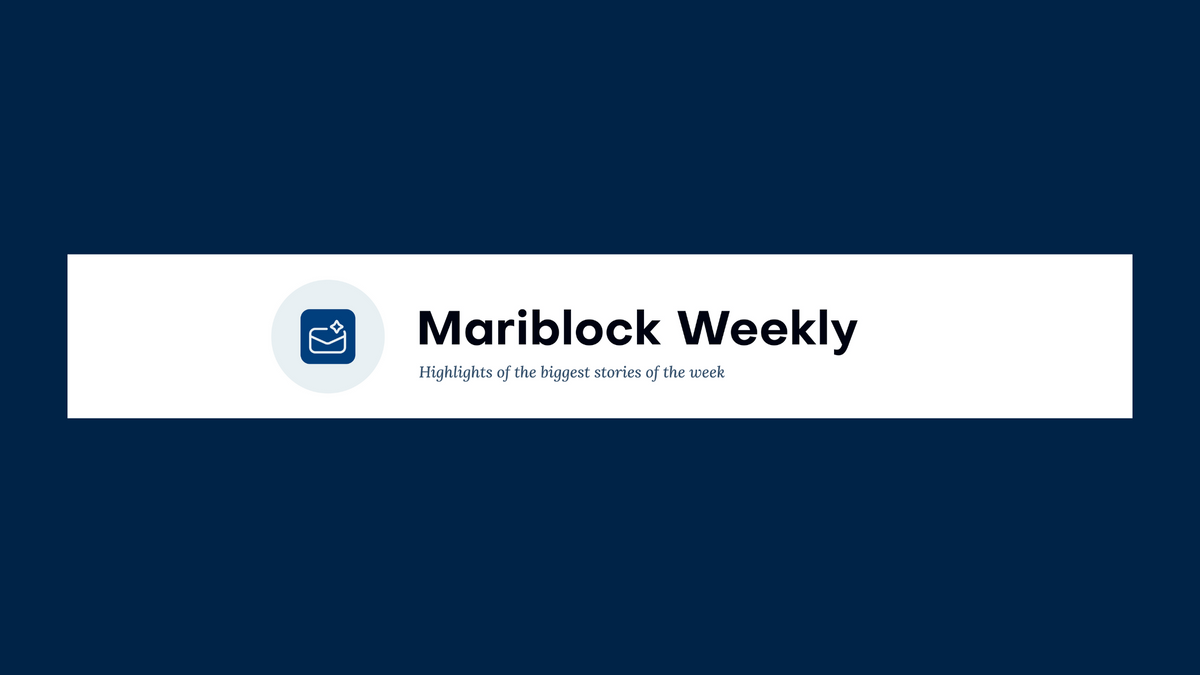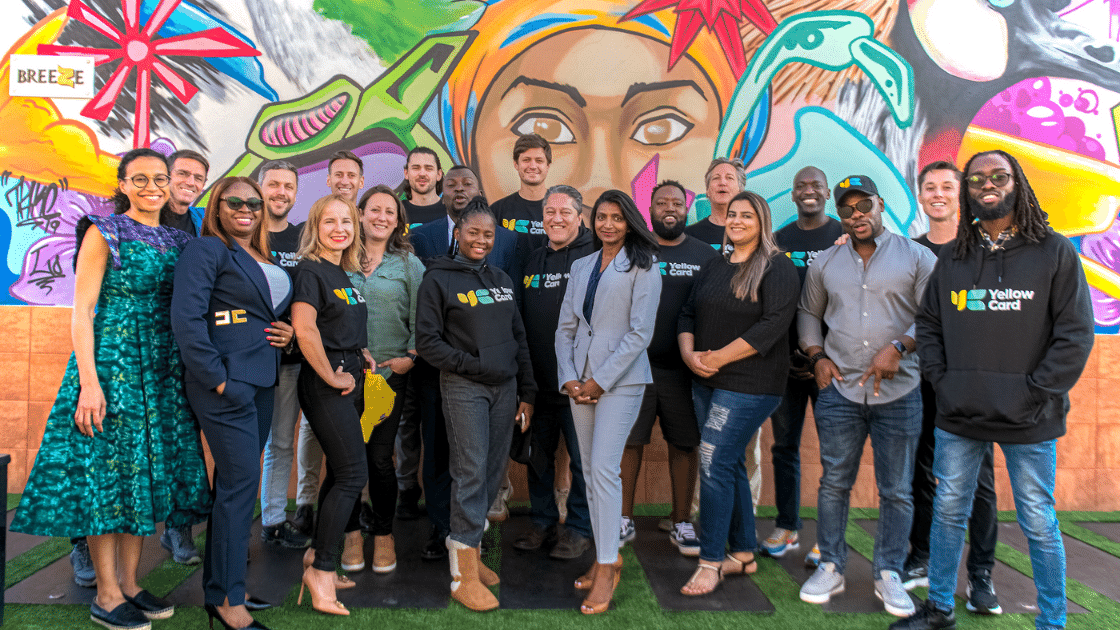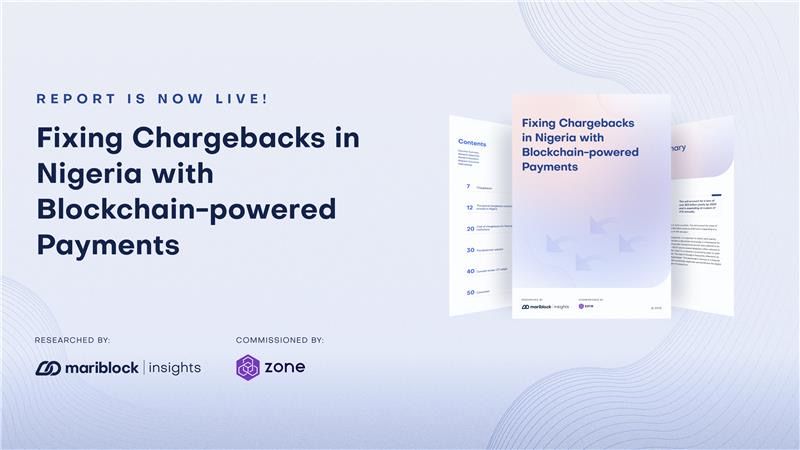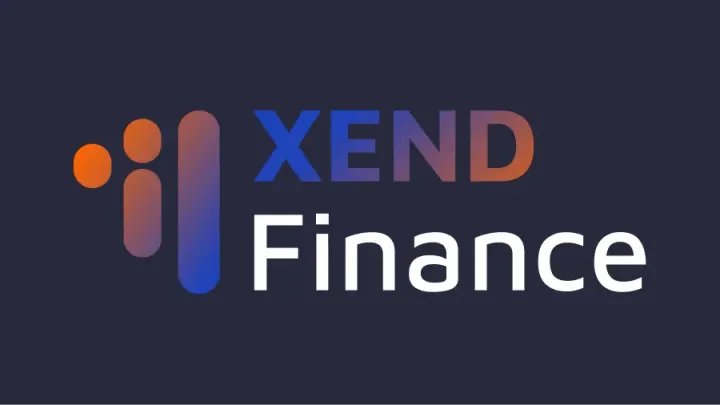🟠 Bitmama X Payday: When Web3 acquires Web2
Plus: 🇿🇦 South Africa could license up to 36 crypto firms this month. 🌍 Yellow Card integrates Block’s open-source protocol for cross-border payments.

Oge here. As usual, I have updates on the most significant blockchain and digital assets stories that hit the ecosystem last week.
The big news: Nigerian crypto company Bitmama recently acquired Payday, a fintech company that enables Africans to receive payments through virtual euro, pounds and United States dollar accounts.
Now, this isn’t your everyday occurrence. African startup acquisitions are a rarity. An African Web3 company gobbling up a Web2 one is even rarer. Some folks are saying it’s a sign of a bullish run for the African crypto industry. Is it too early to call it? Time will tell.
For now, let’s dive into the details of the acquisition and other stories.
Stay up-to-date with the latest blockchain and digital asset developments in Africa
Bitmama acquires fintech startup Payday

Topline: Last week, Bitmama, the cryptocurrency firm, successfully acquired Payday, a fintech startup empowering Africans to receive payments through its virtual euro, pound, and US dollar bank accounts. (Details)
What was said: Initial reports had it that the deal was nearing completion — but just not over the line yet. However, a Bitmama representative told Mariblock that the “deal is done,” adding that the company has hired some of Payday’s employees.
- “At the crux of it, we’re acquiring the customers [and] the backend operations. Also, we have already hired some team members of Payday.
- “We spent the two weeks having back-to-back interviews with certain members of Payday, and I can boldly say we have absorbed some members of the company [Payday] into our team,” the representative said.
Acquisition details: Neither Bitmama nor Payday disclosed the terms of the deal.
- However, news outlet Techcabal reported that Bitmama is offering Payday investors $1 million in equity.
- It’s unclear if the acquisition is entirely equity-based or if, perhaps, there’s cash payment involved.
- When asked, the Bitmama representative declined to comment on the terms of the deal. However, they did mention that Payday will continue to operate independently “for now.”
- The deal is being done via Bitmama’s remittance service, Changera, with Payday’s customers, deposits and liabilities being inherited.
Why Bitmama acquired Payday: At first glance, Changera and Payday seem to provide similar services that overlap. Changera offers virtual bank accounts and debit cards, and so does Payday.
- Bitmama’s representative dismissed the idea that the two companies provided similar services, saying:
- “[We] do not offer overlapping services; rather, Changera has a broader scope of offerings than Payday. For instance, we have the [business-to-business] B2B and [business-to-customer] B2C components for Changera.
- “The [unique selling point] USP of Payday is tied to [its] virtual [debit card], which is also a welcome proposition.”
However, The Bitmama representative’s response provides a clue as to why the crypto company found Payday attractive. One word: customers.
- “This acquisition has birthed a symbiotic relationship. We will be able to serve Payday’s customer base and extend our offerings [such as foreign exchange transfer]to them.”
- Payday claims to have over 700,000 users on its website.
South African financial regulator receives 128 crypto license applications

Topline: The South African Financial Sector Conduct Authority (FSCA) is currently reviewing applications from cryptocurrency companies seeking operational licenses. (Details)
- By the submission deadline on Nov. 30, the financial regulator had received 128 applications from crypto asset service providers.
By the numbers: According to the regulator, the number of applications received in November surpassed the previous month’s total of 93 applications.
- 19 of 128 applications were withdrawn due to lack of experience and inadequate operational frameworks.
- The FSCA plans to address only 36 applications received during its next meeting on Dec. 12.
- The regulator will review the remaining applications in two phases. A batch of 22 applications will be evaluated on Feb. 13, followed by the final 14 applications on Mar. 12
The FSCA evaluation process: The FSCA considers various criteria, including the criticality of market services, provision of multiple services, and offering market support services.
- The FSCA also evaluates applicants’ operational policies and procedures, such as know-your-customer onboarding, data protection, and cyber risk management.
FSCA’s crypto market asset study: A market study on 47 crypto assets service providers (CASPs) provided insights into the South African crypto ecosystem.
- The study found that 38% of the surveyed CASPs generate annual revenues under a million rand. Nearly half, 46%, falls within the 1 to 50 million rands. A smaller segment, 5%, reports annual revenues ranging between R151 million and R200 million.
- The study also found that 60% of the total traded cryptocurrency volume in South Africa comprises “unbacked crypto assets.”
- This category excludes stablecoins, accounting for 26% of the market share, nonfungible tokens (NFTs) representing 4% of the market share, and certain types of centrally issued coins.
- The South African cryptocurrency market reached an all-time monthly transaction value of over R8 billion (approximately $427 million) in November 2022.
Yellow Card integrates Block’s open-source protocol for cross-border payments

Topline: Jack Dorsey-owned payments company Block has announced the integration of its open-source protocol, tbDEX, by Yellow Card, the pan-African cryptocurrency exchange. (Details)
- TBD, the Web3 software development arm of Block, announced that Yellow Card is the first company to deploy the system in its operations.
The details: Earlier in the year, Mariblock reported on a partnership between TBD and Yellow Card to facilitate cross-border transactions across 16 African countries.
- With the latest announcement, that integration is now commercially available.
About tbDEX: tbDEX is a decentralized and open-source protocol that bridges fiat and cryptocurrencies compliantly without relying on traditional third-party systems to build trust between users.
- It also allows firms to negotiate and confirm the details of a transaction transparently through a bidding system before the transactions and trades are settled outside the protocol.
Mariblock Insights: Fixing chargebacks in Nigeria with blockchain-powered payments

Topline: Technology has modernized financial transactions and revolutionized payment methods, simplifying and enhancing convenience for consumers. However, this progress has also facilitated fraudulent activities, including damaging chargeback frauds, affecting both online and local vendors.
- In our inaugural report, we explore this pressing concern in depth. We dissect the intricacies of chargebacks in Nigeria and shed light on blockchain technology’s transformative potential.
- This report was commissioned by the Nigerian blockchain company Zone Network. However, Mariblock Insights independently researched and produced the work.
- Click here to download the report.
Catch up

🌍 Empowa goes multichain with Hedera’s decentralized ledger (Mariblock)
🇰🇪 Kenyan legislators launch law changes for cryptocurrency taxation (Mariblock)
🌍 UfarmX wants to create blockchain-based digital ‘credit scores’ for African farmers (Mariblock)
🇬🇭 The eCedi will bridge the gap between the banked and unbanked – BoG Governor (Mariblock)
🌍 BIS says token-based CBDCs like the eCedi pose counterfeiting and money laundering risks (Mariblock)
That’s it for this week.
See you next week.
Cheers,
Ogechi.



